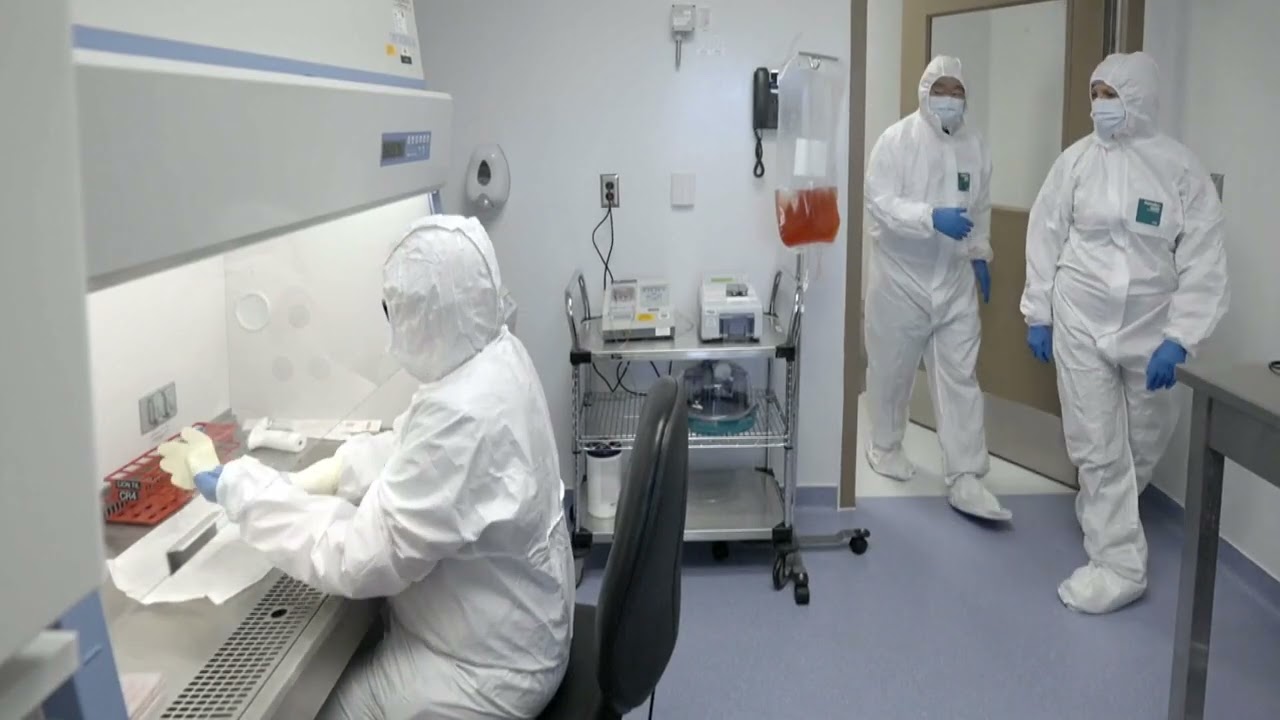Neoadjuvant chemo regimen improves outcomes of invasive bladder cancer
Reuters Health • The Doctor's Channel Daily Newscast
Between 1989 and 1995, 976 such patients entered a randomized phase III trial in which they were assigned to either no neoadjuvant chemotherapy or three cycles of cisplatin, methotrexate and vinblastine (CMV) before undergoing cystectomy and/or radiotherapy.
Median follow-up is now 8 years, report Dr. Gareth Griffiths, at Cardiff University, UK, and colleagues, and “the previously reported possible survival advantage of CMV is now statistically significant at the 5% level.”
Specifically, CMV versus no neoadjuvant chemo is associated with an overall mortality hazard ratio of 0.84 (p=0.037), the investigators found. “An exploratory analysis of disease-specific survival resulted in an HR of 0.83 (p=0.050).”
They say this corresponds to an increase from 30% to 36 % in 10-year survival attributable to CMV.
Nonetheless, the regimen does have significant side effects, and so “the increase in survival will need to be balanced against the toxicity and other disadvantages of chemotherapy (eg, the cost to the patient in terms of treatment time and impact on quality of life),” the authors advise. “This is a decision each doctor has to make with each patient.”
That said, they note that two other large randomized trials have confirmed a statistically significant and clinically relevant survival benefit. Therefore, “Neoadjuvant chemotherapy followed by definitive local therapy should be viewed as state of the art, as compared with cystectomy or radiotherapy alone, for deeply invasive bladder cancer.”
Reference:
International Phase III Trial Assessing Neoadjuvant Cisplatin, Methotrexate, and Vinblastine Chemotherapy for Muscle-Invasive Bladder Cancer: Long-Term Results of the BA06 30894 Trial
J Clin Oncol 2011;28.








